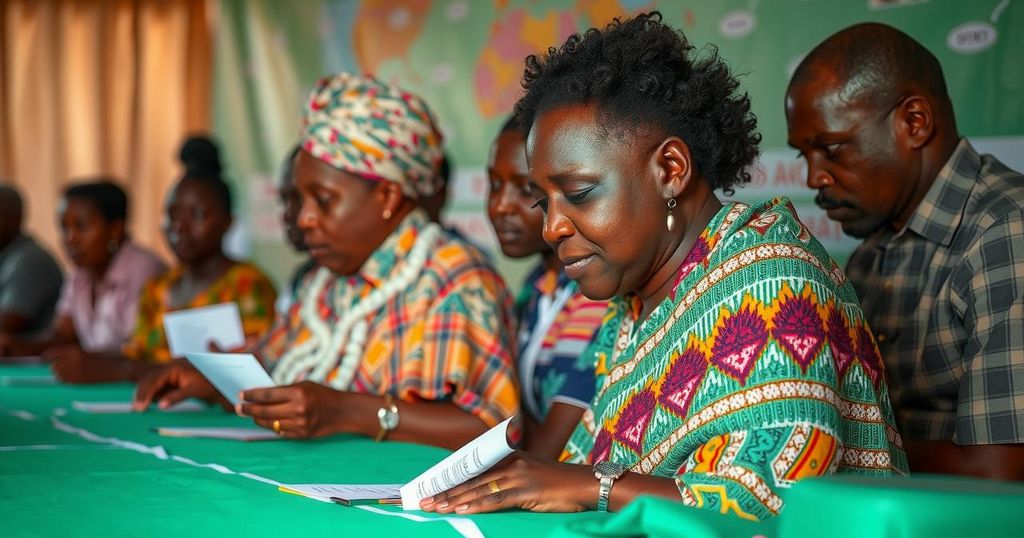The 2024 elections in Southern Africa marked a pivotal moment as traditional liberation parties faced substantial electoral losses. With a younger electorate increasingly prioritizing government performance over historical legacy, significant shifts occurred, such as the Botswana Democratic Party’s defeat after 58 years and the African National Congress losing its majority in South Africa. These results signal a broader demand for accountable governance in the region amid rising youth discontent and changing political expectations.
In the 2024 elections across Southern Africa, traditional liberation parties experienced significant declines in their electoral fortunes as voters expressed their frustrations with long-standing governance. While the broader African continent grapples with power struggles and political unrest, Southern Africa stands out for its relative stability and democratic processes. However, the emerging youth demographic, who do not have personal recollections of colonialism, increasingly prioritize governmental performance over historical liberation narratives. This shift is evident as older parties are losing their grip on power due to unmet economic expectations and rising youth unemployment.
Black political science experts note that the recent electoral outcomes have implications for the region’s political landscape. Botswana saw a monumental change as the opposition capitalized on economic hardships, resulting in the first defeat of the Botswana Democratic Party since independence in 1966. Similarly, in South Africa, the African National Congress, once a beacon of anti-apartheid resistance, lost its majority for the first time in three decades. Other electoral results across the region signal a demanding electorate that seeks accountability and effective governance over historical legacy. These elections, marked by notable shifts in power dynamics, underscore the urgent need for ruling parties to adapt to the changing political climate in Southern Africa.
The political landscape in Southern Africa has traditionally been dominated by liberation movements that emerged in the wake of colonial rule. Historically, these parties have leveraged their roles in achieving independence to maintain public support. However, as the electorate evolves—particularly with an influx of younger voters who prioritize immediate economic and social issues—the political favor once extended to these parties is waning. The 2024 elections reveal a critical turning point, where the expectations of younger generations challenge the long-standing dominance of these liberation parties, pushing voters to demand greater accountability from their leaders.
In conclusion, the 2024 elections in Southern Africa represent a significant shift as established liberation movements face unprecedented challenges at the ballot box. Economic discontent, high youth unemployment, and a politically engaged younger populace are reshaping the region’s political dynamics. As public expectations evolve, ruling parties must adapt to these changes or risk being sidelined by emerging opposition groups that resonate more with the current electorate’s demands.
Original Source: abcnews.go.com






